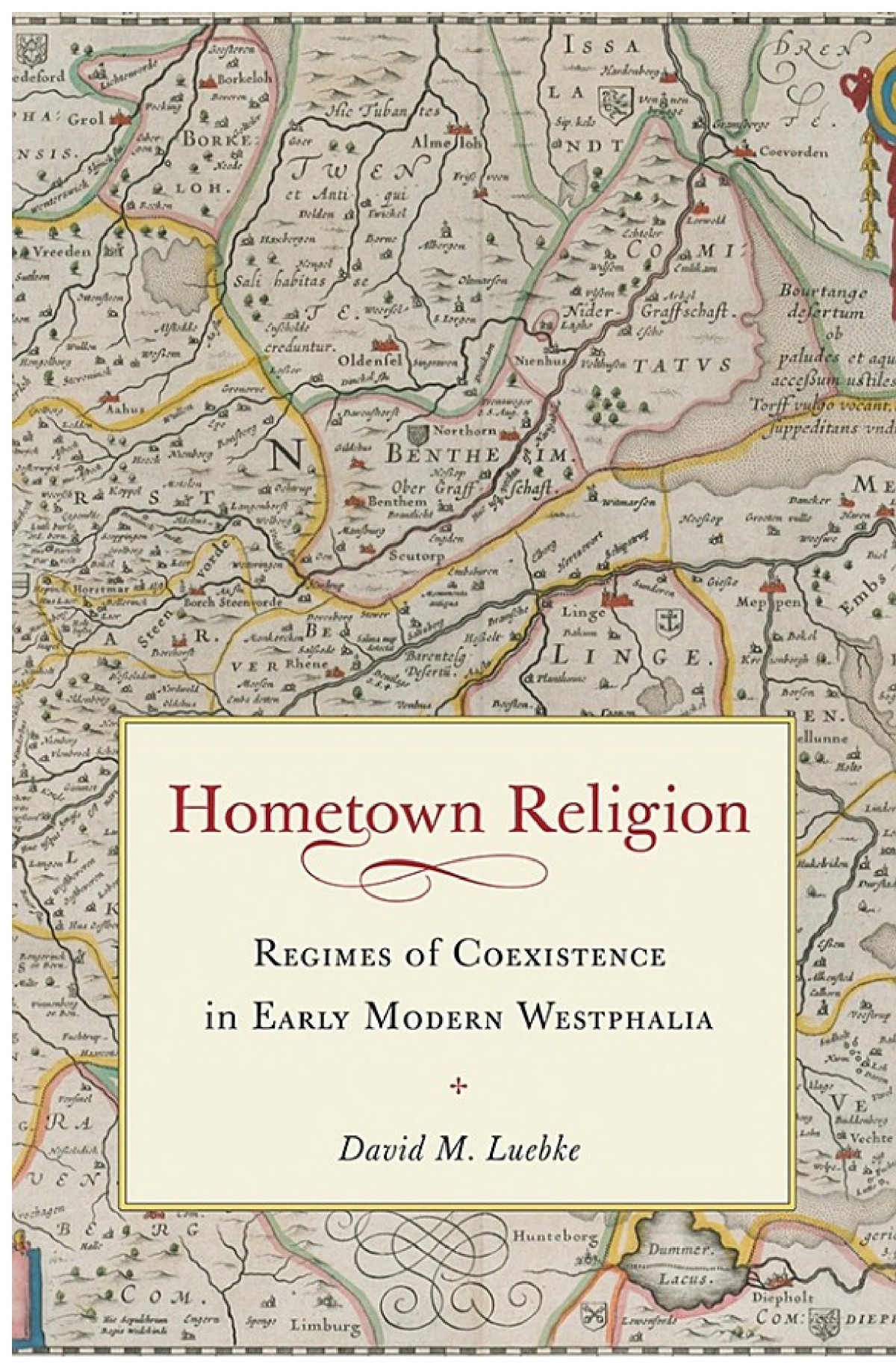

Most ebook files are in PDF format, so you can easily read them using various software such as Foxit Reader or directly on the Google Chrome browser.
Some ebook files are released by publishers in other formats such as .awz, .mobi, .epub, .fb2, etc. You may need to install specific software to read these formats on mobile/PC, such as Calibre.
Please read the tutorial at this link: https://ebookbell.com/faq
We offer FREE conversion to the popular formats you request; however, this may take some time. Therefore, right after payment, please email us, and we will try to provide the service as quickly as possible.
For some exceptional file formats or broken links (if any), please refrain from opening any disputes. Instead, email us first, and we will try to assist within a maximum of 6 hours.
EbookBell Team

5.0
20 reviewsThe pluralization of Christian religion was the defining fact of cultural life in sixteenth-century Europe. Everywhere they took root, ideas of evangelical reform disturbed the unity of religious observance on which political community was founded. By the third quarter of the sixteenth century, one or another form of Christianity had emerged as dominant in most territories of the Holy Roman Empire.
In Hometown Religion: Regimes of Coexistence in Early Modern Westphalia, David Luebke examines a territory that managed to escape that fate—the prince-bishopric of Münster, a sprawling ecclesiastical principality and the heart of an entire region in which no single form of Christianity dominated. In this confessional "no-man’s-land," a largely peaceable order took shape and survived well into the mid-seventeenth century, a unique situation, which raises several intriguing questions: How did Catholics and Protestants manage to share parishes for so long without religious violence? How did they hold together their communities in the face of religious pluralization? Luebke responds by examining the birth, maturation, old age, and death of a biconfessional "regime"—a system of laws, territorial agreements, customs, and tacit understandings that enabled Roman Catholics and Protestants, Lutherans as well as Calvinists, to cohabit the territory’s parishes for the better part of a century.
In revealing how these towns were able to preserve peace and unity—in the Age of Religious Wars— Hometown Religion attests to the power of toleration in the conduct of everyday life.